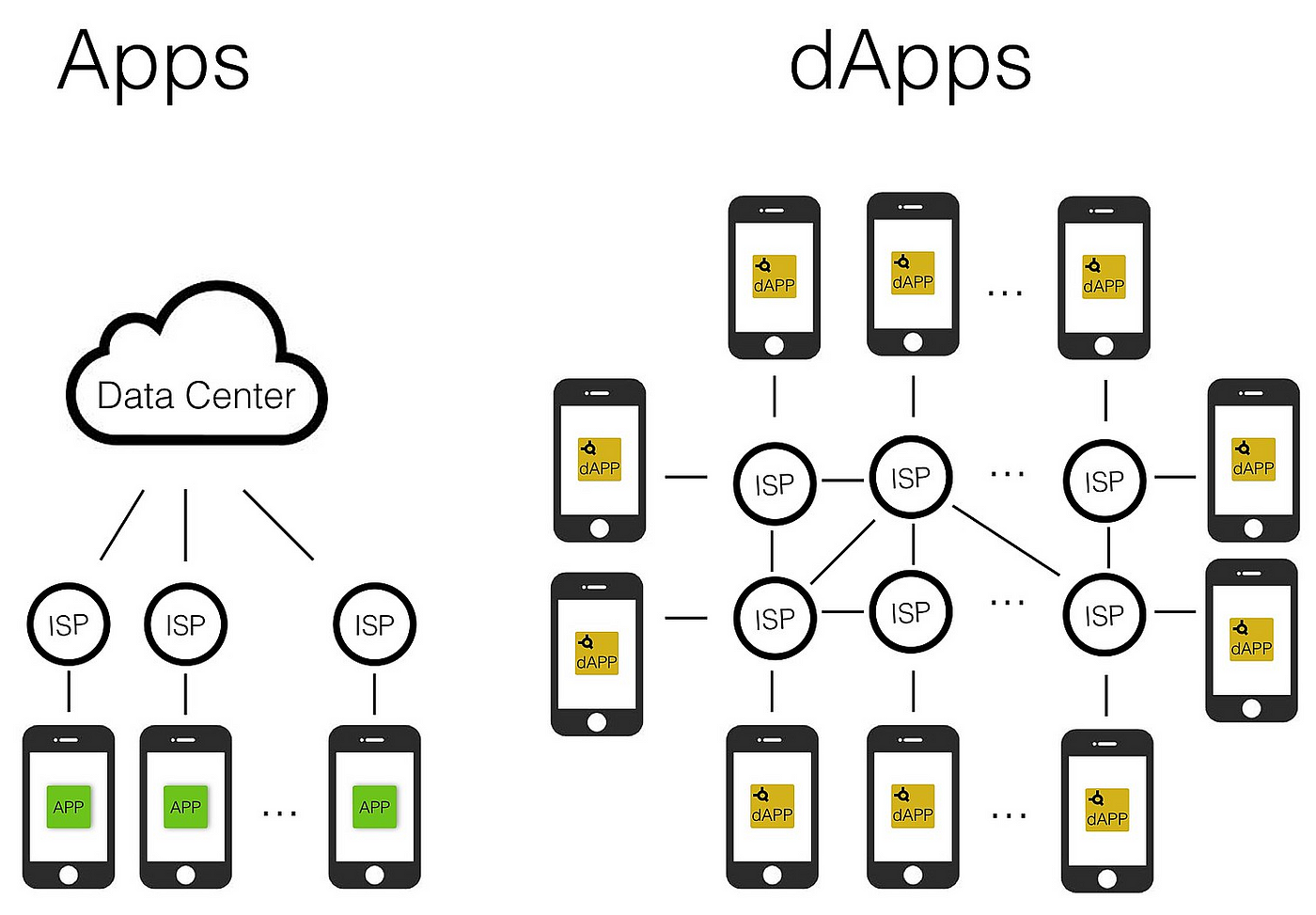Decentralized applications, or dApps, are software applications that are built on a blockchain network. Unlike traditional software applications, dApps are not controlled by a central authority. Instead, they are decentralized and operate on a peer-to-peer network, making them more secure and transparent.
One of the primary benefits of dApps is that it can be used in a wide range of industries, from finance to healthcare to gaming. In this article, we’ll explore some of the most promising use cases for dApps and how they can revolutionize various industries.
Read more: Elon Musk and Tesla Accepting Bitcoin ‘Opened Door’ for Adidas’ Web3 Plans
The potential of Decentralized Applications (dApps)
Decentralized applications have the potential to transform the way we interact with the digital world. Here are some of the key benefits of dApps:
Transparency: Unlike traditional software applications, dApps are transparent, meaning that everyone on the network can see the code and how the application operates. This transparency makes it more difficult for bad actors to manipulate the system, as everything is out in the open.
Security: Since dApps are decentralized and operate on a peer-to-peer network, they are more secure than traditional applications. This is because there is no central point of failure that can be attacked by hackers.
No central authority: dApps are not controlled by a central authority, which means that they cannot be censored or shut down. This makes them ideal for use in industries where censorship and control are a concern.
Efficiency: dApps can be more efficient than traditional applications since they do not require intermediaries to verify transactions. This means that they can operate faster and at a lower cost.
Use Cases of dApps
Let’s explore some of the most promising use cases for dApps:
Finance: One of the most promising use cases for dApps is in the world of finance. dApps can be used to create decentralized exchanges, where users can trade cryptocurrencies without the need for a central authority. This can make trading faster, more secure, and less expensive.
Supply chain management: dApps can be used to create more transparent and efficient supply chains. By using a blockchain network, supply chain participants can track products from the source to the end consumer, ensuring that products are authentic and that they have not been tampered with.
Healthcare: dApps can be used to create secure and transparent electronic health records. This can help healthcare providers to share patient data securely and efficiently, while also maintaining patient privacy.
Gaming: dApps can be used to create decentralized gaming platforms where players can trade in-game items and currency securely and efficiently.
Challenges Facing dApps
Despite the many benefits of dApps, there are still some challenges that must be addressed before they can become widely adopted. Here are some of the main challenges:
Scalability: dApps can be slower and less efficient than traditional applications when it comes to processing large amounts of data. This can be a problem for industries that require fast and efficient processing of large amounts of data.
User experience: dApps can be difficult for users to navigate, especially for those who are not familiar with blockchain technology.
Regulation: As dApps become more popular, there is a risk that they will become subject to regulation. This could limit their use in certain industries and make it more difficult for developers to create new dApps.
Conclusion
Decentralized applications, or dApps, have the potential to transform a wide range of industries, from finance to healthcare to gaming. The benefits of transparency, security, and efficiency make them ideal for use in industries where these factors are essential.
However, there are still some challenges that must be addressed before dApps can become widely adopted. Scalability, user experience, and regulation are all potential hurdles that must be overcome.
Overall, the potential of dApps is vast, and as blockchain technology continues to evolve, we can expect to see even more innovative use cases for decentralized applications. If you’re interested in developing a dApp, now is the perfect time to get started and help shape the future of software development.


